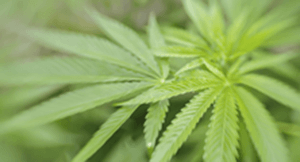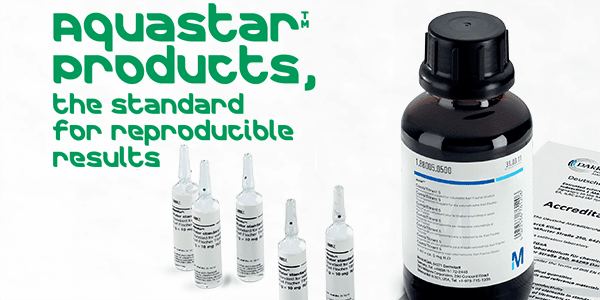Introduction
Cannabis sativa, the hemp plant, is native to Central Asia and the Indian subcontinent. Throughout history, hemp has widely been used for a broad range of purposes, from production of textile fibers to relief of pain. Cannabis resin (hashish) has been in disrepute because of its intoxicating effect and it is prohibited in most countries. Currently, discussions about the legalization of cannabis for medicinal use have started worldwide. Some countries allow cannabis for the treatment of various diseases such as multiple sclerosis, cancer, epilepsy, etc. [1]. The effect is based on the cannabinoids, of which cannabidiol (CBD), Δ9-tetrahydrocannabinol (THC), and cannabinol (CBN) are studied best. Through years of research, different genetic strains of Cannabis sativa have been developed, in which the content of cannabinoids varies according to the intended usage. In Europe industrial hemp may not contain more than 0.2% of THC whereas in the US and Switzerland the limit is set to 1%. Medical cannabis can contain varying amounts of THC, CBD, CBN, and other cannabinoids used for different medical applications. For illicit use as a drug, there are varieties with a high content of THC. In response to the increasing interest on the use of Cannabis sativa extracts in industry and health sciences, we have developed a fast, simple, and reproducible HPTLC method for identification of Cannabis sativa strains. Quantitative evaluation is done by scanning densitometry and confirmation by HPTLC-MS and UV spectra.

Scope
The methods described below are suitable for the quantification of THC and THCA (and other cannabinoids) in Cannabis sativa and to check THC-free Cannabis for compliance. The same methodology can be used for identity testing of sample extracts and comparison with reference materials. The CAMAG TLC-MS Interface 2 is used to directly elute target zones from the HPTLC plate into the Waters ACQUITY QDa® for mass detection. A second confirmation can be achieved by recording the UV spectra with the TLC Scanner.






